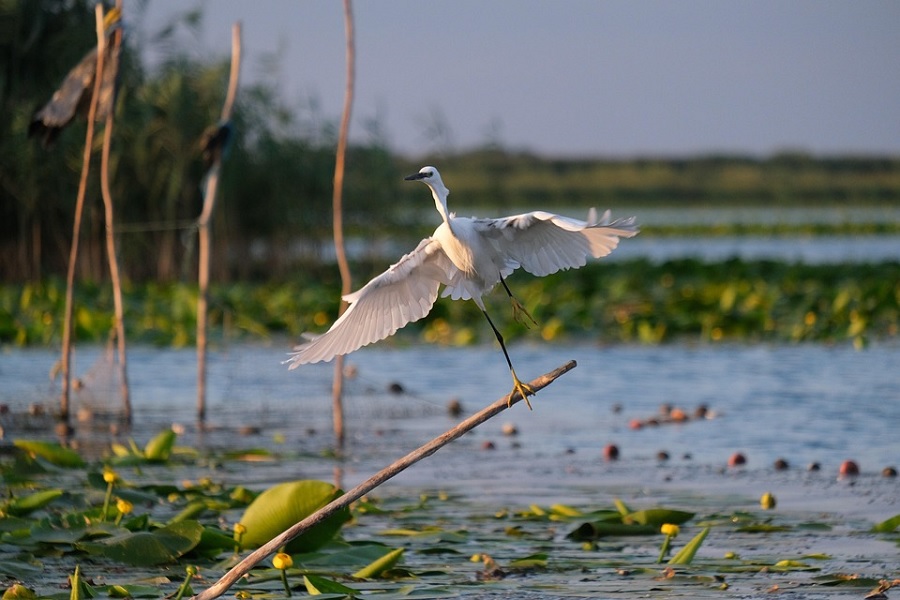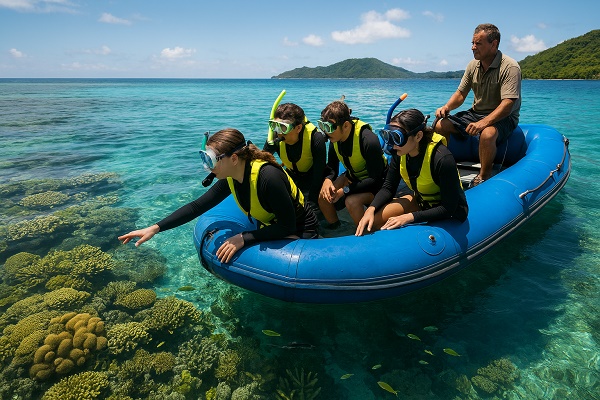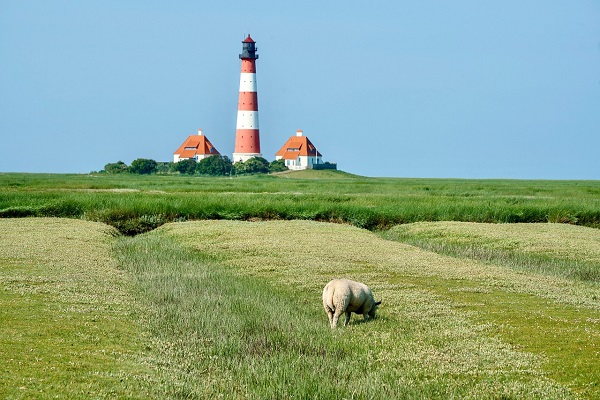Ecotourism: Travel That Gives Back to Nature

As the world becomes more environmentally conscious, travelers are seeking experiences that not only enrich their lives but also preserve and protect the planet. This shift has given rise to ecotourism—a form of travel that blends adventure, education, and conservation. Ecotourism is not just about seeing the world; it’s about safeguarding it.
What is Ecotourism?
Ecotourism is responsible travel to natural areas that conserves the environment, respects local culture, and benefits local communities. It goes beyond sightseeing—ecotourism is about learning from nature, reducing your footprint, and contributing positively to the places you visit.
Core Principles of Ecotourism
Environmental Conservation – Protecting natural habitats, wildlife, and biodiversity.
Cultural Respect – Honoring the traditions and customs of indigenous and local communities.
Sustainable Travel – Minimizing environmental impact through responsible choices.
Community Empowerment – Supporting local businesses, guides, and conservation initiatives.
Education and Awareness – Encouraging travelers to learn about environmental issues and conservation.
Top Ecotourism Destinations
Costa Rica – Known for rainforests, biodiversity, and eco-lodges, it's a pioneer in sustainable tourism.
Kerala, India – Offers backwater tours, forest reserves, and village experiences rooted in sustainability.
Galápagos Islands, Ecuador – A haven for endemic species and low-impact eco-cruises.
New Zealand – Home to national parks, indigenous Maori culture, and green-certified adventures.
Norway – Famous for eco-friendly infrastructure, fjords, and Arctic wildlife conservation.
Popular Ecotourism Activities
Wildlife safaris in national parks
Bird watching and photography
Marine conservation volunteering
Trekking and camping in biosphere reserves
Staying in eco-lodges or treehouses
Participating in organic farming or forest bathing
Why Ecotourism Matters
Preserves Natural Ecosystems: Encourages protection of endangered habitats and species.
Promotes Sustainable Practices: From waste management to energy use, every small action counts.
Strengthens Local Economies: Tourism income directly supports rural and indigenous communities.
Encourages Personal Growth: Inspires mindfulness, gratitude, and a deeper connection with nature.
Tips for Being a Responsible Ecotourist
Choose Certified Eco-Stays: Look for green certifications or accommodations that follow sustainable practices.
Reduce Plastic Use: Carry reusable bottles and bags.
Respect Wildlife: Observe animals from a distance and never feed them.
Support Local: Buy local crafts, eat at small eateries, and hire local guides.
Leave No Trace: Always clean up after yourself and leave nature undisturbed.
























